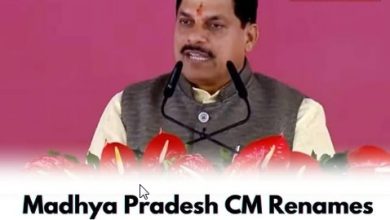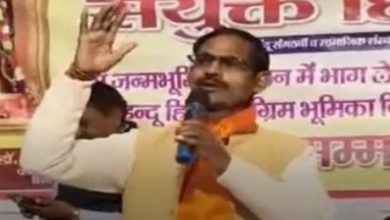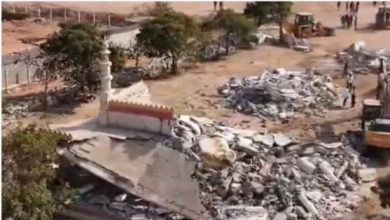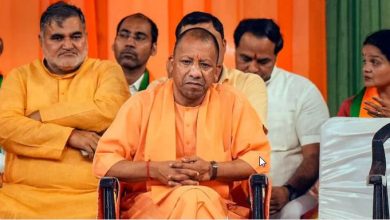Modi’s Kyiv visit exposes India’s diplomatic double standards
Zelenskyy questions New Delhi’s stance, says ‘Putin is a killer for us, is he good for you’
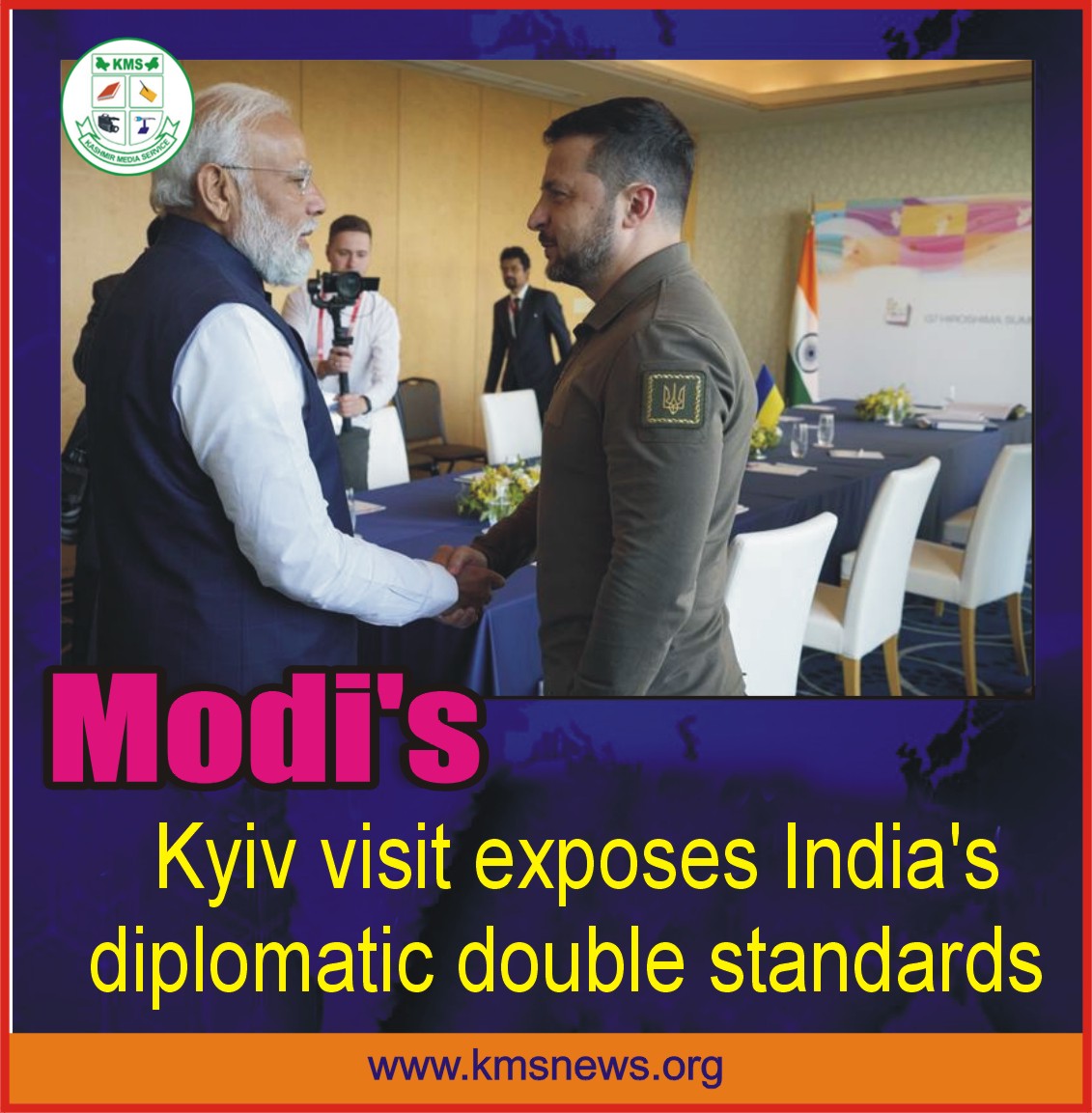
Islamabad: Indian Prime Minister Narendra Modi’s recent visit to Kyiv has underscored a significant divergence between India’s diplomatic rhetoric and its actions, revealing what critics describe as double standards in its foreign policy.
According to Kashmir Media Service, during his visit, Modi championed dialogue and diplomacy, asserting that “solutions cannot be found on the battlefield.” However, his stance sharply contrasts with India’s cautious approach toward Russia and its reluctance to fully support Ukraine’s peace initiatives.
Ukrainian President Volodymyr Zelenskyy urged India to endorse the joint communique from the Peace Summit on Ukraine held in Switzerland in June. Despite Ukraine’s efforts to secure high-level representation from India, Modi chose not to attend the summit, and India refrained from signing the final statement. Instead, India cited the absence of all key stakeholders and emphasized the need for direct negotiations between Russia and Ukraine. Russia was not sent a formal invitation to the summit.
The joint statement released at the end of Modi’s visit highlighted the differences between India and Ukraine, with separate paragraphs reflecting the two leaders’ positions. While the statement reaffirmed India’s commitment to a peaceful resolution through dialogue, it notably avoided direct references to the ongoing conflict or Russia’s invasion. India’s reluctance to criticize Russia or address the war explicitly was evident, with the statement focusing on upholding international law and addressing trade challenges rather than the ongoing hostilities.
India’s diplomatic balancing act was further complicated by the omission of any direct mention of the conflict, reflecting a deliberate effort to avoid straining ties with Russia. This cautious approach came under scrutiny as Zelenskyy criticized Modi’s visit to Moscow in July, which coincided with a Russian missile strike on a children’s hospital in Kyiv. The Ukrainian president condemned the timing of Modi’s visit as a “huge disappointment” and questioned Putin’s respect for India. Additionally, Zelenskyy highlighted India’s significant purchase of Russian oil, arguing that it supports Moscow’s “war economy.”
The shadow of Modi’s visit to Russia loomed large over the current trip, with Zelenskyy addressing it during talks. “This I said to Prime Minister… You speak with him (Putin) and he is speaking how he wants peace, and at that moment, he is attacking hospitals. He is a killer for us, is he good for you? If during the official visit of Prime Minister, he attacked the children’s hospital… it means he doesn’t respect India, or doesn’t control his Army… It means that he doesn’t respect the Indian Prime Minister,” Zelenskyy said in a press conference after Modi’s departure on Friday evening.
Modi’s visit to Kyiv revealed a complex diplomatic maneuver, aimed at maintaining strong ties with Russia while advocating for dialogue in Ukraine. This balancing act has drawn criticism for double standards in India’s approach to international conflicts, particularly in its handling of the ongoing war in Ukraine.





